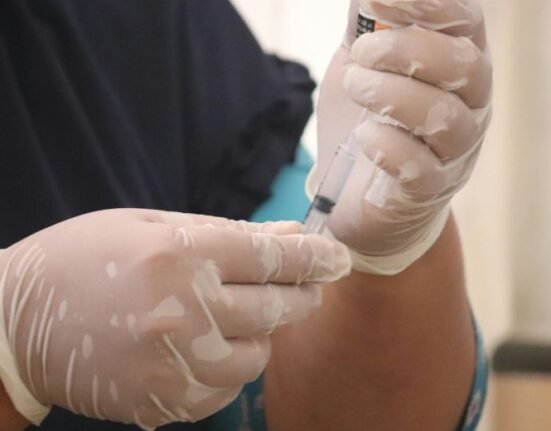HQ Team
June 13, 2023: A public inquiry starts today in Britain, into the nation’s handling of the Covid-19 pandemic, which killed 224,546 people in the country.
The scope of the probe ranges from the government’s preparedness, political decisions that were made, and the impact on the health services and vaccine rollouts.
Public hearings to listen to evidence will be chaired by Baroness Heather Hallett, a retired judge who led the inquests into the 7/7 bombings. The hearings start on June 13, 2023.
The inquiry will identify the lessons to be learned from the pandemic and suggest preparations for future pandemics in the UK. It is powerless to bring criminal or civil charges against individuals or bodies, and cannot compel the government to implement its recommendations.
Four modules
Judge Hallett has devised four modules. One will be on resilience and preparedness, the second on core UK decision-making and political governance, and the third on the impact of the Covid-19 pandemic on healthcare systems in the four nations of the UK.
The four nations are England, Wales, Scotland, and Northern Ireland.
The final module will focus on vaccines and therapeutics rollout in the nation where two million people are suffering from long Covid.
The inquiry was ordered when Boris Johnson was prime minister in 2021, to look at how the pandemic was handled in Britain, and what mistakes were made.
Lessons for future
It has held preliminary hearings, which are to discuss how the hearings will run rather than to discuss the evidence.
The independent public inquiry was set up to examine the UK’s response to and impact of the Covid-19 pandemic and learn lessons for the future.
The inquiry has been established under the Inquiries Act (2005), which means that the Chair has the power to compel the production of documents and call witnesses to give evidence on oath.
Following a public consultation, the Chair wrote to the Prime Minister to recommend changes to the draft Terms of Reference. The final Terms of Reference were received in June 2022.
Legal challenge
The British government has sought a judicial review.
It is a legal challenge to the lawfulness of a decision by a public body on the type of messages the inquiry has access to, especially WhatsApp.
It has argued that some of the messages and other records the inquiry had requested were unambiguously irrelevant. A judicial review may happen toward the end of June 2023 and the government announced it will cooperate until then.
The inquiry has no specific deadline.
Today’s session will start to hear evidence for the first module, on resilience and preparedness, which is slated to last six weeks.
Limited terms
What it does not include is the damage caused by the pandemic to young people and the impact on the nation’s mental health and economic damage.
The British government has faced criticism for its slowness in the handling of the pandemic — in introducing lockdown, and its subsequent handling of restrictions through several waves of the pandemic.
Further modules will be announced in the coming months Each module will investigate issues across the UK and will cover both ‘system’ and ‘impact’ issues. It includes the care sector, testing and tracing, the government’s business and financial responses, and frontline delivery by key workers.









33 Comments
Comments are closed.